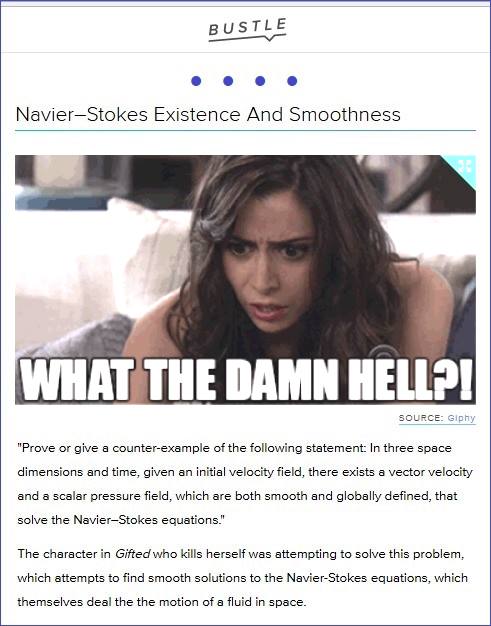
Kierkegaard on death:
“I have thought too much about death not to know that he cannot speak earnestly about death who does not know how to employ (for awakening, please note) the subtlety and all the profound waggery which lies in death. Death is not earnest in the same way the eternal is. To the earnestness of death belongs precisely that capacity for awakening, that resonance of a profound mockery which, detached from the thought of the eternal, is an empty and often brash jest, but together with the thought of the eternal is just what it should be, utterly different from the insipid solemness which least of all captures and holds a thought with tension like that of death.”
— Works of Love,
Harper Torchbooks, 1964, p. 324
For more on “the thought of the eternal,” see the discussion of the number 373 in Directions Out and Outside the World, both of 4/26/04.
“… as an inscription over the graveyard gate one could place ‘No compulsion here’ or ‘With us there is no compulsion.’ “
— Works of Love,
Harper Torchbooks, 1964, p. 324
“In the summer of 1943 I was eight, and my father and mother and small brother and I were in Peterson Field in Colorado Springs. A hot wind blew through that summer…. There was not much to do…. There was an Officers’ Club, but no swimming pool; all the Officers’ Club had of interest was artificial blue rain behind the bar. The rain interested me a good deal, but I could not spend the summer watching it, and so we went, my brother and I, to the movies.
We went three and four afternoons a week, sat on folding chairs in the darkened Quonset hut which served as a theater, and it was there, that summer of 1943 while the hot wind blew outside, that I first saw John Wayne. Saw the walk, heard the voice. Heard him tell a girl in a picture called War of the Wildcats that he would build her a house, ‘at the bend in the river where the cottonwoods grow.’ As it happened I did not grow up to be the kind of woman who is the heroine in a Western, and although the men I have known have had many virtues and have taken me to live in many places I have come to love, they have never been John Wayne, and they have never taken me to that bend in the river where the cottonwoods grow. Deep in that part of my heart where the artificial rain forever falls, that is still the line I wait to hear.
… When John Wayne spoke, there was no mistaking his intentions; he had a sexual authority so strong that even a child could perceive it. And in a world we understood early to be characterized by venality and doubt and paralyzing ambiguities, he suggested another world, one which may or may not have existed ever but in any case existed no more: a place where a man could move free. could make his own code and live by it; a world in which, if a man did what he had to do, he could one day take the girl and go riding through the draw and find himself home free, not in a hospital with something wrong inside, not in a high bed with the flowers and the drugs and the forced smiles, but there at the bend in the bright river, the cottonwoods shimmering in the early morning sun.”
— Joan Didion,
“John Wayne: A Love Song,” 1965
“He is home now. He is free.”
— Ron Reagan, Friday, June 11, 2004
“Beware, therefore, of the dead! Beware of his kindness; beware of his definiteness, beware of his strength; beware of his pride! But if you love him, then remember him lovingly, and learn from him, precisely as one who is dead, learn the kindness in thought, the definiteness in expression, the strength in unchangeableness, the pride in life which you would not be able to learn as well from any human being, even the most highly gifted.”
— Works of Love,
Harper Torchbooks, 1964, p. 328
































